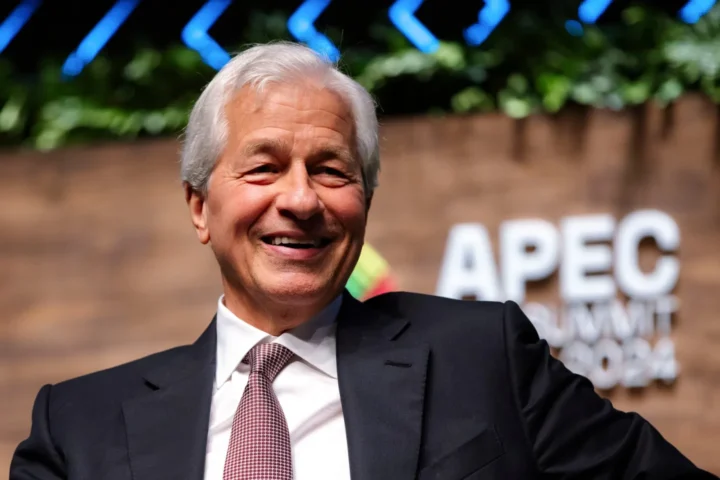Climate change, a crisis that has escalated into one of the most pressing global challenges of our time, continues to dominate headlines and policy discussions. Record-breaking temperatures, marine heatwaves, and melting glaciers underscore the urgent need for action.
While governments and organizations grapple with solutions, individuals like Mesalie Feleke are using creative avenues to amplify awareness. For Feleke, a biomedical scientist and writer from Perth, Australia, literature became her platform for advocacy. Her debut novel, “The Last Report,” is a poignant exploration of the climate crisis and its human toll, combining her scientific competence with her passion for storytelling.
A Scientist’s Journey into Fiction
Mesalie Feleke, a biomedical scientist and writer based in Perth, Australia, is no stranger to tackling complex global issues. Feleke holds a master’s in biomedical science and a bachelor’s in anatomy and human biology from the University of Western Australia. Currently pursuing her doctorate, she has contributed to research on biology, biomedical science, and climate change.
However, Feleke’s passion for writing led her to explore storytelling as a means of addressing complex global issues. “I started writing because I genuinely enjoy it,” she mentions. “It allows me to connect with people on an emotional level while shedding light on critical topics like climate change.” This blend of scientific rigor and creative expression culminated in “The Last Report.”
The Last Report: A Call to Action Through Fiction
“The Last Report”, published last August 2024, follows Gwen, a renowned news reporter based in Sydney who dedicates her career to exposing the devastating effects of climate change. Gwen’s life is committed to environmental journalism, but she also navigates personal challenges, including a long-distance relationship with her boyfriend Tom when he moves to London for work.
The story takes an emotional turn when Gwen falls ill due to the environmental crisis she exposed. As Tom rebuilds his life after Gwen’s passing, he carries her vision forward, symbolizing the enduring impact one individual can have on collective efforts. Her death leaves behind a legacy that inspires others to continue her mission for a healthier planet.
Mesalie Feleke uses Gwen’s story to highlight the urgency of addressing climate change while exploring its ripple effects on personal lives and global systems. The author believes that facts alone often fail to resonate with people on a deeper level. However, through storytelling, she can evoke empathy and inspire action.
A Timely Release: A Wake-Up Call
The release of “The Last Report” comes at a critical moment when global warming statistics continue to paint a devastating picture of Earth’s future. The WMO report confirmed that 2023 was the warmest year on record, with the global average near-surface temperature at 1.45°Celsius, considering it the warmest ten-year period on record. This record, once considered a distant warning, is now a stark reality, highlighting the urgency of addressing climate change.
Mesalie Feleke’s debut novel compels readers to confront the profound and personal consequences of inaction. Through her protagonist, a journalist facing a climate-induced health crisis, Feleke shows how global warming can affect anyone—readers or their loved ones.
“‘The Last Report’ serves as both a wake-up call and a call to action,” Feleke explains. “It urges readers to consider the personal stakes of climate change. Through its emotionally charged storyline, I challenge global leaders and individuals alike to reflect on their roles in mitigating this existential threat.”
When Small Initiatives Matter
Reflecting on her journey into championing climate change awareness through literature, Feleke emphasized the importance of persistence in advocacy. “Climate change is an overwhelming issue, but every effort counts—whether it’s through research, activism, or storytelling.”
Feleke emphasizes collective action and understanding climate change’s evolving nature. She highlights the necessity of staying informed about shifting climate statistics and their far-reaching impacts.
“The Last Report” represents a new voice in climate fiction, one grounded in scientific understanding yet accessible through human storytelling. Through this work, Mesalie Feleke demonstrates how literature can bridge the gap between complex scientific data and public understanding, potentially inspiring readers to take action against climate change.
“The Last Report” is available via Amazon.








